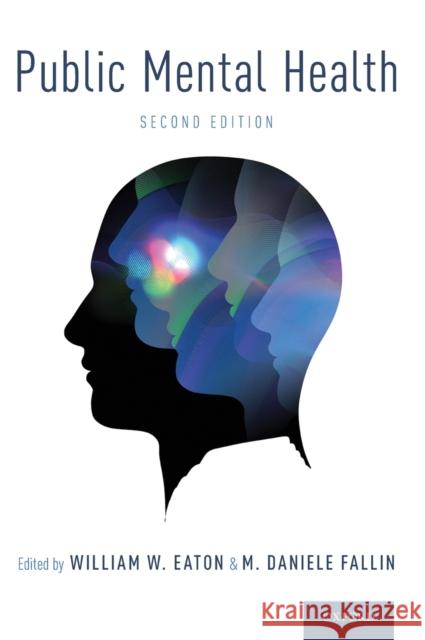Public Mental Health » książka
topmenu
Public Mental Health
ISBN-13: 9780190916602 / Angielski / Twarda / 2019 / 632 str.
Kategorie BISAC:
Wydawca:
Oxford University Press, USA
Język:
Angielski
ISBN-13:
9780190916602
Rok wydania:
2019
Ilość stron:
632
Waga:
1.48 kg
Wymiary:
25.65 x 18.03 x 4.32
Oprawa:
Twarda
Wolumenów:
01
Dodatkowe informacje:
Bibliografia











